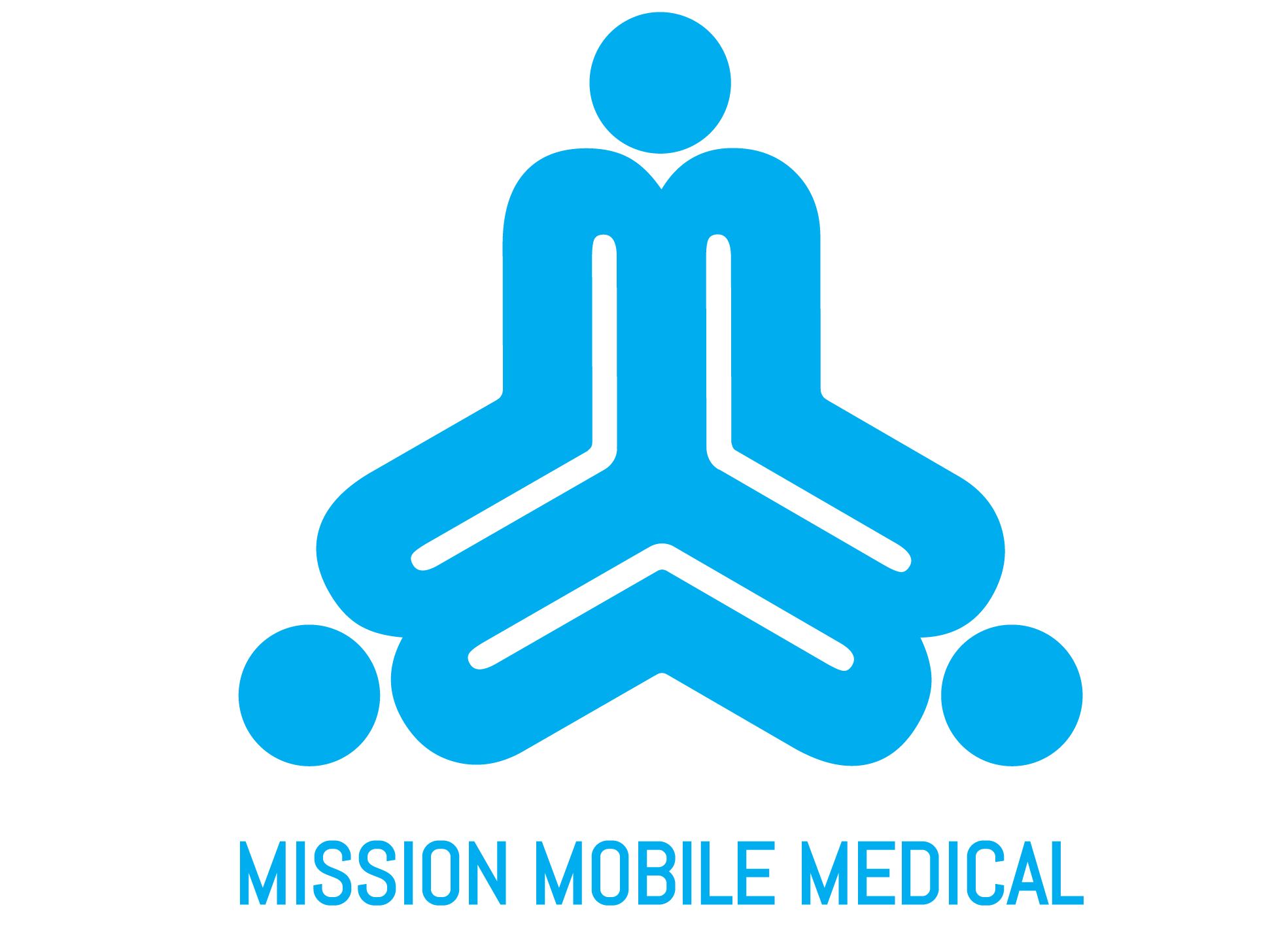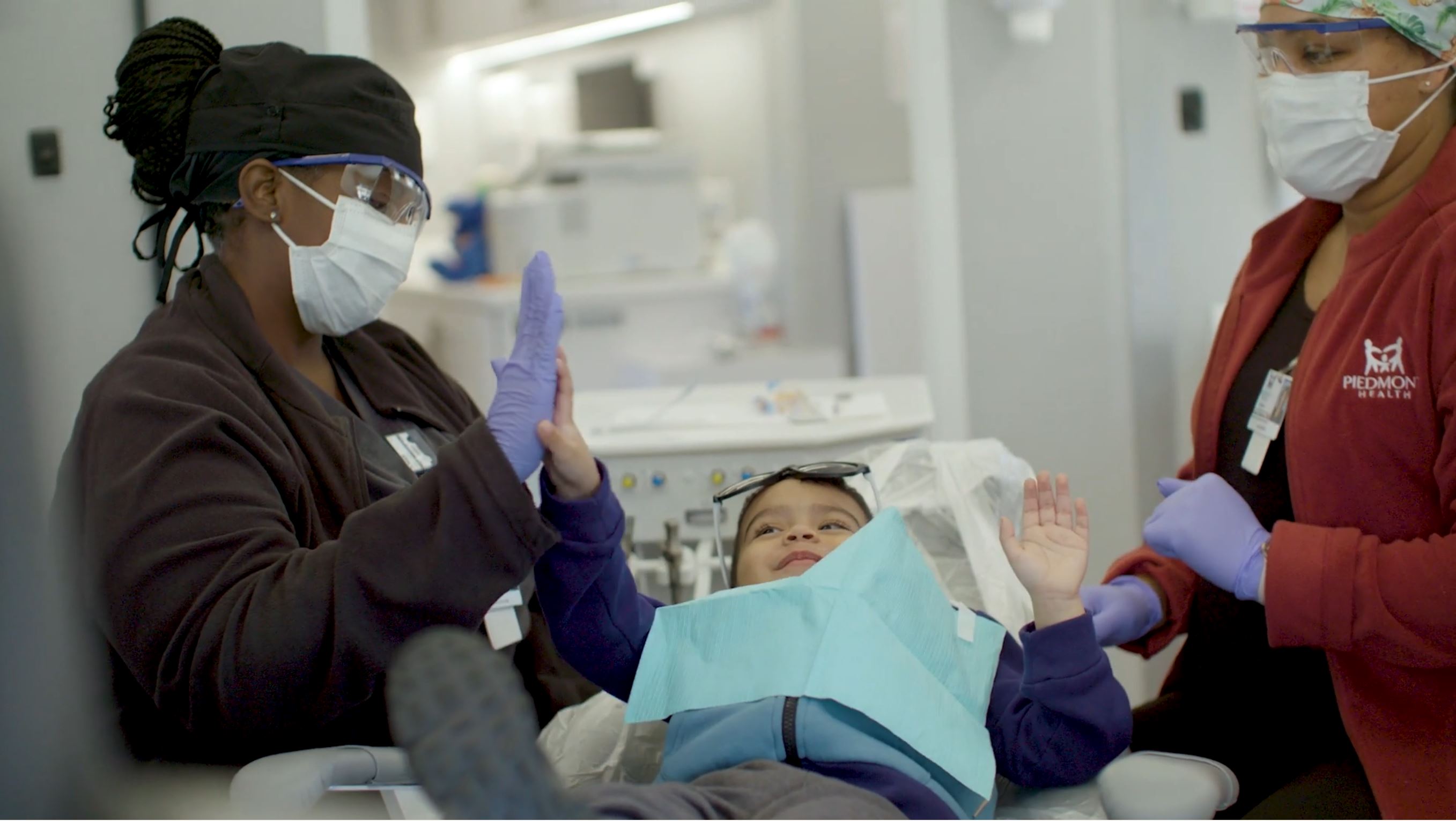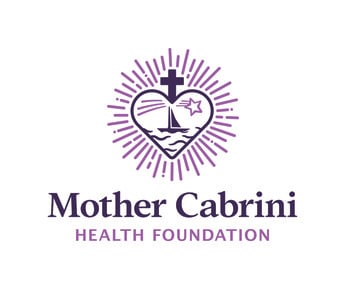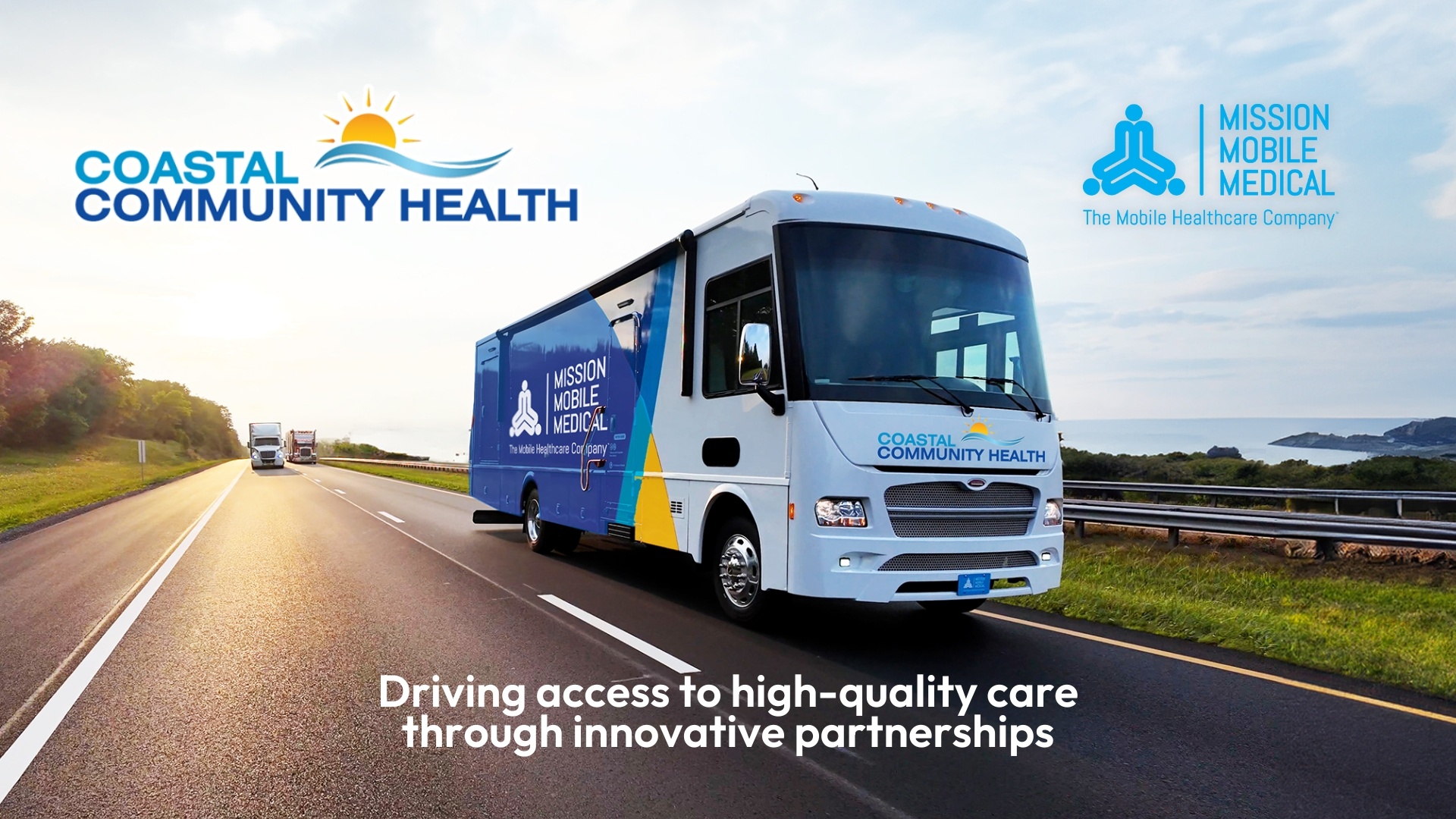Dental Grant Opportunities
Dental health is a fundamental part of overall health and well-being, yet many people, particularly those in rural and low-income areas, do not have...
3 min read
 Mission Mobile Medical
May 4, 2023 5:57:00 PM
Mission Mobile Medical
May 4, 2023 5:57:00 PM

Health centers play a crucial role in providing primary health care services to vulnerable populations and underserved communities in the United States. Millions of Americans live more than 60 minutes from the nearest hospital or in urban medical deserts, but local health centers are fighting the good fight to help lower that number. To help achieve this goal of theirs, the Health Center Program New Access Points (NAP) grant is available, which awards funds to eligible organizations to expand access to affordable, quality, and cost-effective primary health care services. In this blog post, we will provide an overview of the Health Center Program New Access Points grant, including who can apply and application requirements.
Keep in mind that while this grant may be currently closed, grants that serve a great need/are popular can often reopen again, so keep your eyes peeled!
To be eligible for the Health Center Program New Access Points grant, applicants may either be an existing Health Center Program (HCP) award recipient or a new organization, such as a public or nonprofit organization that provides primary health care services to underserved communities and vulnerable populations. Applicants must also meet the following criteria, helpfully outlined by Cope Health Solutions:
In addition, grantees must meet the following requirements based on their status, again according to Cope Health Solutions:
Prospective applicants should note that the application process is highly competitive. To have a successful application, you need to carefully follow the current guidelines set forth by the HRSA. The application should also highlight the following areas:
In addition, the grant also looks for applications that focus specifically on expanding services to underserved populations, especially rural and frontier communities, as well as those that address new or innovative approaches to expanding services.
There are also several post-grant award requirements. Grant awardees must begin delivering services to their proposed target population within 120 days, and, according to Cope Health Solutions:
Underserved communities and vulnerable populations in America often face challenges accessing primary healthcare services. The Health Center Program New Access Points grant is one amazing way to expand access to it. The application process is highly competitive, but organizations can increase their chances of success by following the current guidelines set forth by the HRSA. With the right planning and execution, organizations can help meet the health care needs of their communities and make a positive impact on the health of America's underserved populations.

Dental health is a fundamental part of overall health and well-being, yet many people, particularly those in rural and low-income areas, do not have...

The Mother Cabrini Health Foundation is now accepting letters of intent (LOIs) for its 2025 grants program, aimed at supporting health and human...

[Brunswick, GA] – [8/15/24] – In a bold move to address healthcare disparities in South Georgia and North Florida, Coastal Community Health and ...